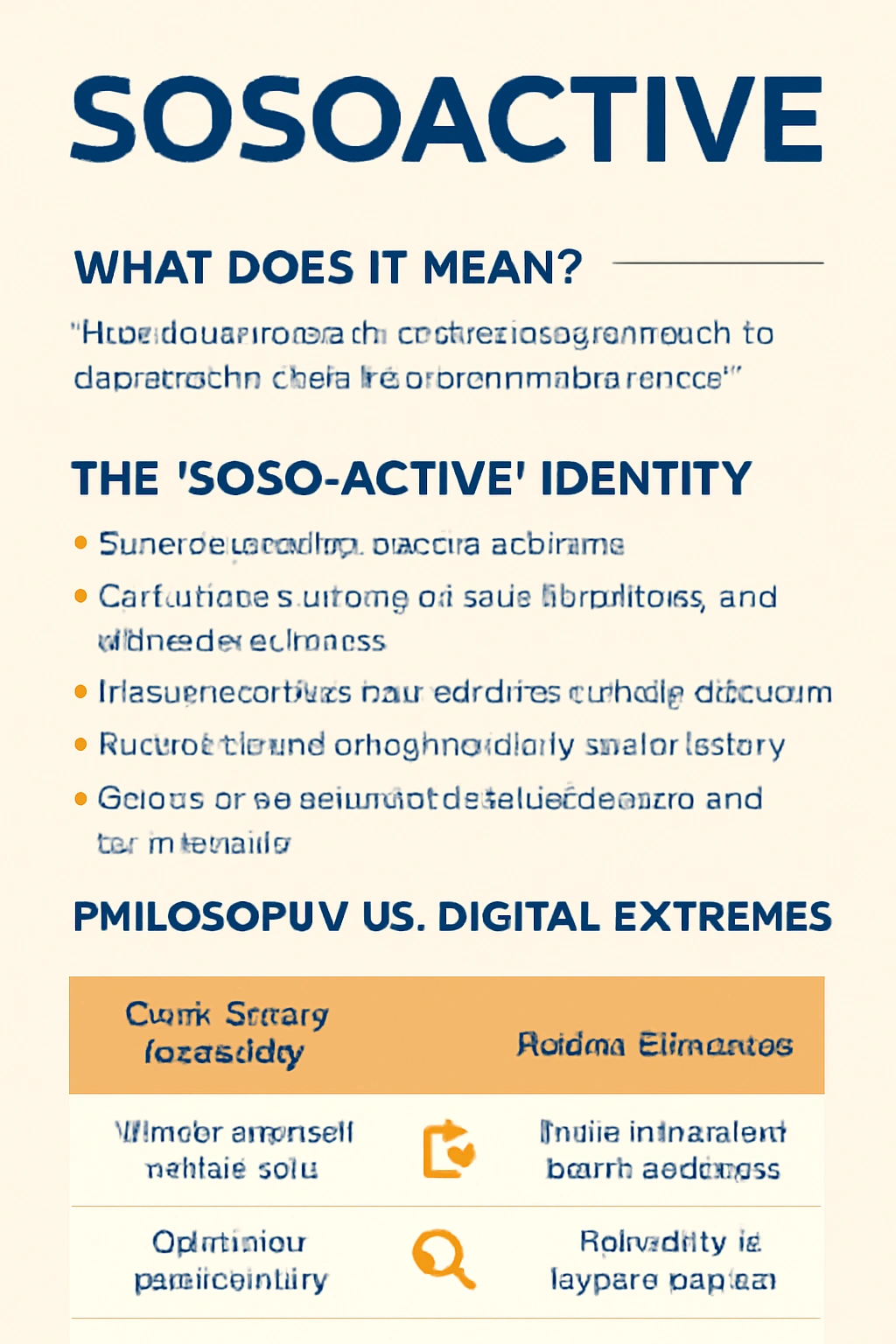First off, what does the ownership clause in a life insurance policy state? In certain situations, the Ownership Clause can also specify the insurer’s rights relating to the policy, such as the right of cancellation of the policy. But there’s more; dig in to figure it all out.

Now, getting down to What does the ownership clause in a life insurance policy states. If the policyholder is unable to make payments on the premium or otherwise violates the terms and conditions of the policy.
An Ownership Clause is a name that is used in many insurance contracts and policies. It is a clause that outlines the rights and responsibilities of the policy owner.
It might be referring to the rights and responsibilities that are associated with the ownership of a particular piece of property, or it might be referring to the rights and responsibilities that are associated with the ownership of an insurance policy.
What Does the Ownership Clause Have to Do with a Life Insurance Policy State?
The Ownership Clause of a life insurance policy states who is the owner of the policy and rights. It specifies the policy owner, who might be the applicant, insured, or third party.
The owner is free to make decisions like changing beneficiaries, loaning against the policy cash value, or transferring ownership while the insured life remains covered by the policy.
The ownership clause is important in an insurance policy as it outlines the owner’s rights and responsibilities for the policy. It is under a life insurance policy as an indicator of who the policy owner is and what his/her rights are.
How Does This Work?

This section enunciates the rights of the policyholder in relation to the policy, such as the right of the policyholder to vary or cancel the policy, the right of the policyholder to claim under the policy, and the right of the policyholder to assign the policy to another person.
The Ownership Clause also lays down the responsibilities of the policyholder towards the policy. These include the responsibility to pay premiums as and when payable and to keep the policy in good standing.
It also enumerates the responsibilities of the insurance company towards the policy, including the responsibility to indemnify and to pay claims.
Generally, the Ownership Clause is an important part of an insurance policy because it explicitly states what the rights and obligations are of both the policyholder and the insurance company.
The Ownership Clause should be read and comprehended thoroughly before signing a policy so that everyone has knowledge of what their obligations and rights are.
Do You Want to Own Your Life Insurance Policy?
It’s not at all uncommon for someone to buy their life insurance coverage and have it cover them. This makes everything easy, keeping matters in your control.
If your estate is likely to exceed the federal exclusion level ($12.92 million now), nonownership of the policy can avoid or reduce estate taxes. Cross-ownership can be elected by couples, with you holding policies on each other so you will have financial security and easy access to policy information.
Business partners may hold policies on one another to benefit the business and beneficiaries in case of death.
Establishing an ILIT and transferring your policy into the trust might give you greater control over the benefits and have them removed from your taxable estate.
What is Transfer of Ownership?
This simply is the handing over of a property or properties from an existing owner to another. It could be on several grounds, like marriage, death, or even a debt. To do this:
1. Obtain the Change-of-Ownership Form
Your insurance company or agent can provide this form.
2. Fill Out the Form
You’ll need the new owner’s information, such as first name, middle initial, last name, relationship to the insured, address, phone number, and Social Security Number.
3. Additional Information for Trusts or Organizations
If transferring to a business or trust, more details may be required, such as the type of business (LLC, Inc., etc.) or the trustees’ names. While the process may appear straightforward, it is a good idea to consult a financial expert to explore possible tax considerations.
If you’re thinking of canceling or surrendering your life insurance policy, you should know some critical exceptions to be mindful of.
When Should Policyholders Consider Reviewing Their Policies?

Life insurance is not a buy-and-forget type of purchase. Life takes many turns, and you might need to adjust your cover due to some changes. Here’s when and why you may need to review and amend your policy:
1. Marriage or Divorce
Updating marital status can also mean updating beneficiary information. In neglecting to do so, your ex-spouse could still be the primary beneficiary, leaving out the new spouse. So, update your policy every now and then to indicate changes in marital status.
2. New Child
Having a new child through birth or adoption may necessitate additional coverage. Without adequate coverage, your children will not be financially secure.
It is advisable you consider extending coverage and naming the appropriate beneficiaries, such as a trust or adult custodian under the Uniform Transfers to Minors Act (UTMA). You can also buy a policy on your child.
Bottom Line
You may change jobs or be promoted and need a change in life insurance needs. Life insurance coverage you receive through your job might not transfer. You may require a new one.
So, a boost in income may lead to changes in your lifestyle, and you will need an adjustment in coverage.
Learn more about reviewing your life insurance policy for proper beneficiaries and adequate coverage.







